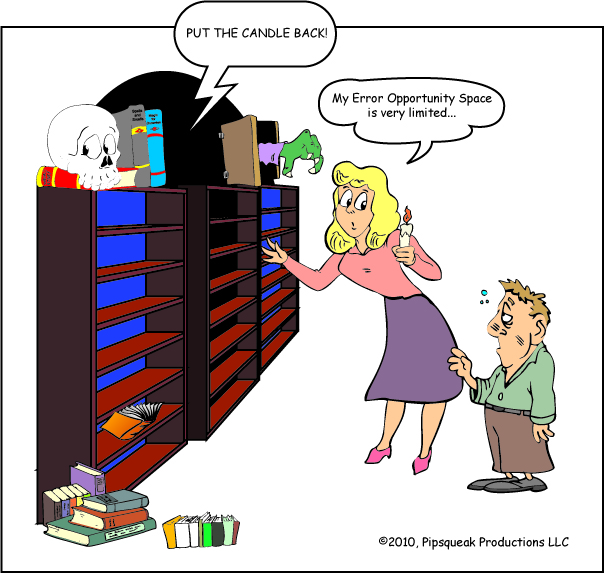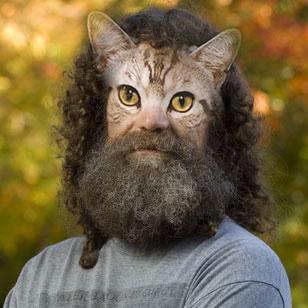BBC Staff (November 5th, 2009). “Feeling Grumpy Is «Good for You»” Retrieved 26th June, 2010. http://news.bbc.co.uk/2/hi/8339647.stm Summary: Being grumpy can enable us to access an entirely different range of skills apparently. According to Professor Joe Forgas, an Australian researcher at the University of New South Wales, «Negative moods trigger more attentive, careful thinking, paying greater attention to the external world». He conducted a series of experiments with a random group of people, asking them to watch a random collection of movies while simultaneously imagining an instance in their life that made them happy or sad, hence affecting their mood. He then ran a series of tests on the subjects, ranging from simple observational skills to judging the truth of myths and urban legends to see what effect the mood would have on their performance. The results supported Forgas’s theory:- those in a bad mood were able to communicate better and made fewer mistakes than those in a good mood. Test results also showed that sad people were better able to state their cases through written arguments, supporting the Professor’s theory that «whereas positive mood seems to promote creativity, flexibility, co-operation and reliance on mental shortcuts, negative moods trigger more attentive,…
Scaffolding
Cognitive Blindness, Conceptual Design, Errors, Interaction Design, Interface Design, Pipsqueak Articles, Scaffolding, Users
Error Opportunity Space
by Olga Werby •

Confronted with one “True or False” question, an individual has a very small error opportunity space: three. There are three possible responses: true, false, or no answer. “No answer” will always be wrong, a betting man should choose one of the possible answers. But unfortunately situations where the error opportunity space is so narrow are rare. And in the real world, dealing with real problems, these spaces tend to be very large. Note that the size of the error opportunity space, EOS, makes no representations about the consequences of getting the problem right or wrong (or partially right or wrong). When the stock market tanked on May 7th, people involved in that process had a very large EOS. A week out, experts and participants are trying to figure out what went wrong and how to limit similar incidents in the future—they are trying, in effect, to drastically reduce the error opportunity space. This is a job of product designers. By analyzing the goals of the users and the system’s constraining variables, we can come up with conceptual design, interaction design, and interface design that would address the problems that were exposed on May 7th. Coming up with a solution is…
Attention Controls Errors, Cognitive Blindness, Featured, Misapplication of Problem Solving Strategies, Pipsqueak Articles, Product Design Strategy, Scaffolding
Neuro-Parasites & Problem Solving Errors
by Olga Werby •

Dr. Robert Sapolsky is a professor of neurobiology at Stanford University. He started his career studying baboons, charting the relationship between stress hormones and an individual animal’s social ranking in the baboon society hierarchy. The lower the rank, the more stress the animal experiences, the more consequences there are to the health outcomes and longevity of the baboon. Making a parallel to human society, the conclusions of Dr. Sapolsky’s study is that it sucks to be at the bottom of the social order. In his books “Primate’s Memoir” and “Zebras Don’t Get Ulcers,” Dr. Sapolsky provides copious details of his work and his conclusions. (see Recommended Books for details) But residing on the bottom of the social ladder is not the only problem a mammal like us can experience. In his video interview with Edge (www.Edge.org), Dr. Sapolsky describes the adventures of Toxoplasma–a protozoan parasite carried by cats which causes an infection Toxo–in our amygdala. Post an active infectious state, Toxo is able to manipulate human dopamine levels. People with the post-Toxo infection have higher than normal dopamine levels, resulting in some interesting cognitive consequences. There’s been solid research that documents a high level of Toxo infections in schizophrenic patients. There…
